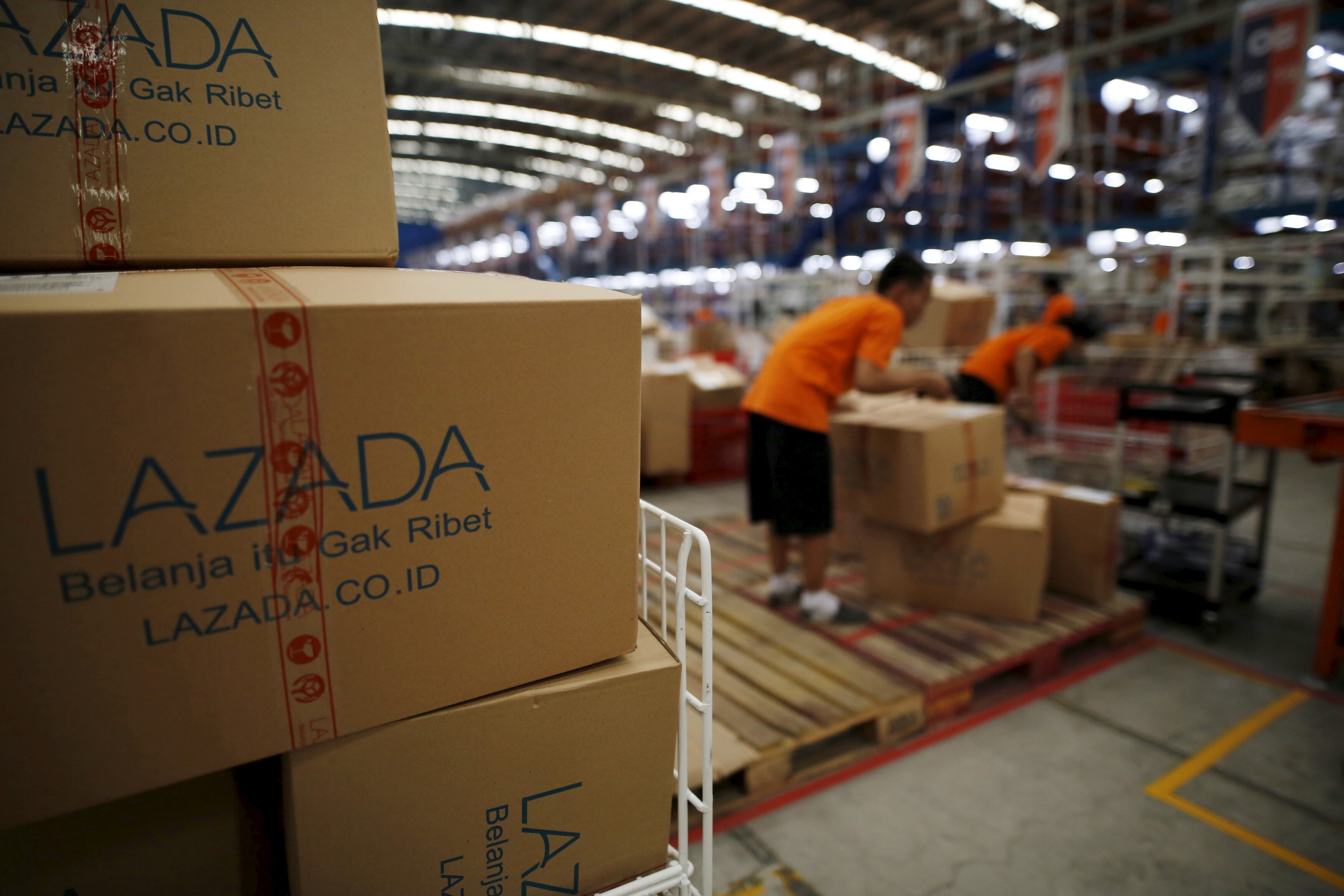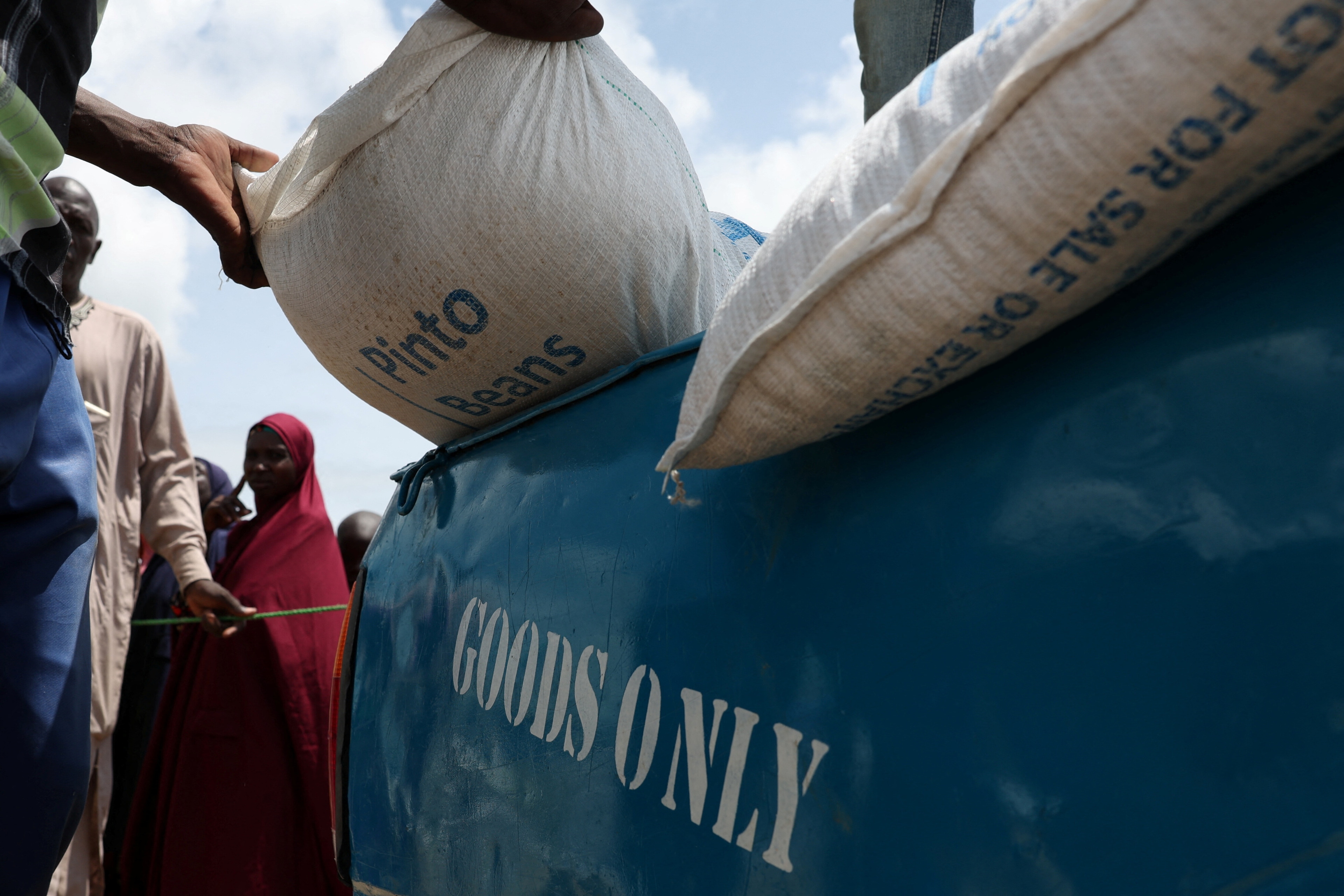Investment facilitation’s trillion-dollar promise

The Investment Facilitation for Development is set to deliver as much as $1.1 trillion in annual global welfare gains. Image: Shutterstock
- The WTO’s Investment Facilitation for Development is the first agreement of its kind at the global level.
- The IFD aims to strengthen investment climates to grow the flow of FDI in order to foster economic growth and sustainable development.
- The agreement can make an important contribution to achieving sustainable development, but only happen if implemented in practice.
On 6 July 2023, over 112 economies concluded negotiations on a new, landmark agreement at the World Trade Organization (WTO) on Investment Facilitation for Development (IFD). This is the first agreement of its kind at the global level.
Habemus pactum
This builds on a growing recognition of the relationship between trade and investment and the importance of investment facilitation. At the founding of the WTO, this relationship was captured in its first Ministerial Conference Declaration in Singapore and later became part of the “Singapore issues” in the subsequent Doha Round negotiations.
At the 2017 Ministerial Conference, a group of WTO Members (Argentina, Brazil, Chile, China, Colombia, Hong Kong China, Kazakhstan, Mexico, Nigeria, Pakistan and Qatar) formed the Friends of Investment Facilitation for Development, and after five years of hard work, this initiative resulted in the new agreement.
Why does this matter, and why does it matter now?
The new agreement is set to deliver as much as $1.1 trillion in annual global welfare gains, or, in GDP terms, an increase in up to 1.41% in global GDP. These are exciting numbers, especially given that the annual SDG-investment gap has grown from $2.5 trillion to $4 trillion.
The new agreement can thus make an important contribution to helping achieve sustainable development globally through growing investment flows. But this will only happen if the agreement is implemented in practice.
As public and private leaders making, facilitating or supporting investment decisions, we think it is critically important to work together through public-private collaboration to seize the opportunity provided by the new agreement to improve investment climates and thus contribute to global growth and welfare.

What is the IFD about? What are its benefits?
The IFD Agreement aims to strengthen investment climates to grow the flow of foreign direct investment (FDI) in order to foster economic growth and sustainable development.
It does so through either binding or best-endeavour provisions on: (1) transparency of investment measures; (2) streamlining and speeding up of administrative procedures; (3) providing focal points, domestic regulatory coherence and cross-border cooperation; and (4) sustainable investment.
Importantly, the agreement includes both additional flexibilities as well as technical assistance and capacity building for developing and least-developed countries (LDC) to implement investment facilitation measures included in these provisions.
There is strong support behind this agenda as it provides a triple win: developing countries win because they have the support they need to strengthen their investment climates, and thus grow FDI inflows and host-country sustainable development; developed countries win because their firms, which are often the source of capital for FDI inflows, will have an easier time investing, contributing both to commercial growth and home-country sustainable development; and firms win, because costs and risks go down, allowing them to allocate more resources to productive activities, as well as to enter new markets that may have before been too challenging due to the lack of transparency, streamlining, domestic regulatory coherence, and cooperation.

Why is this important for business?
Transparency and predictability are the bedrock of the business case for investment facilitation. Businesses thrive in environments where regulatory frameworks are clear, minimizing the risk of unexpected challenges. In addition, streamlining administrative procedures helps reduce the time and costs associated with licensing, permits and approvals, allowing businesses to operate more efficiently, leading to increased productivity and profitability.
Why is this important for governments?
With investors drawn to environments where rules are clear and consistently applied, their growing investments can lead to job creation, gender equality, upgrading, technology transfer and overall economic development.
In addition, within the section on “Sustainable Investment”, the agreement includes provisions on responsible business conduct and measures against corruption, increasing the positive contribution of FDI to host economies.
Importantly, low and middle-income countries have the most to gain from implementation of the agreement, given their relatively lower level of current practice in terms of investment facilitation measures.
How is the World Economic Forum improving trade for more resilient societies?
The way forward
However, these benefits will only be realized if the agreement is implemented in practice.
The first step towards implementation is understanding the gap between the current system in place and the commitments made in the agreement, through what is called a “needs assessment”.
Developing economies can carry out needs assessments to understand where technical assistance and capacity building should be directed, while developed economies can help provide the resources for both needs assessments and the ensuing technical assistance and capacity building to address the needs.
Investors play an essential role throughout the process. They are the ones that can provide first-hand insights on investment facilitation practices and gaps, helping to prioritize which areas need strengthening first because these will have the greatest impact on investment-decision. Investors are also the ones that can help provide feedback as to whether the subsequent technical assistance and capacity building being delivered to address the priority needs is actually helping to strengthen and improve investment climates in practice.
Towards a global alliance for investment facilitation
Implementing the IFD Agreement requires collective action. Governments, firms, international organizations and experts together have the capacity, resources and knowledge to provide the actions needed to unlock to the agreement’s full potential.
This is why now is the time to consider launching a global alliance for investment facilitation, inspired by and modelled after the Global Alliance for Trade Facilitation, which since 2015 has been helping implement the WTO’s Trade Facilitation Agreement.
A new global alliance could provide the mechanism for public-private, multistakeholder collaboration to help deliver country-level projects where investment facilitation is most needed. From a private sector perspective, the participation should include all relevant parties, local/regional/global as well as small, medium and large enterprises, and comprise as many pertinent sectors as feasible.
With the IFD Agreement expected to be a major deliverable at the WTO’s 13th Ministerial Conference (MC13) in Abu Dhabi next month, MC13 could be the right moment to start discussing launching a global alliance for investment facilitation.
Don't miss any update on this topic
Create a free account and access your personalized content collection with our latest publications and analyses.
License and Republishing
World Economic Forum articles may be republished in accordance with the Creative Commons Attribution-NonCommercial-NoDerivatives 4.0 International Public License, and in accordance with our Terms of Use.
The views expressed in this article are those of the author alone and not the World Economic Forum.
Stay up to date:
Trade and Investment
Forum Stories newsletter
Bringing you weekly curated insights and analysis on the global issues that matter.







